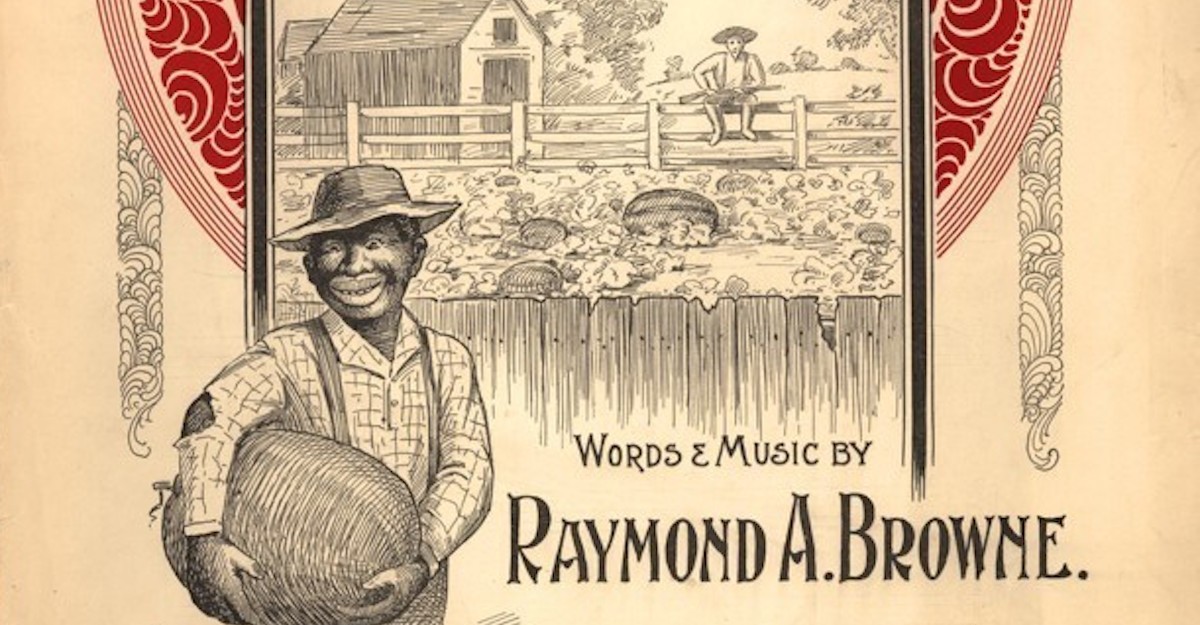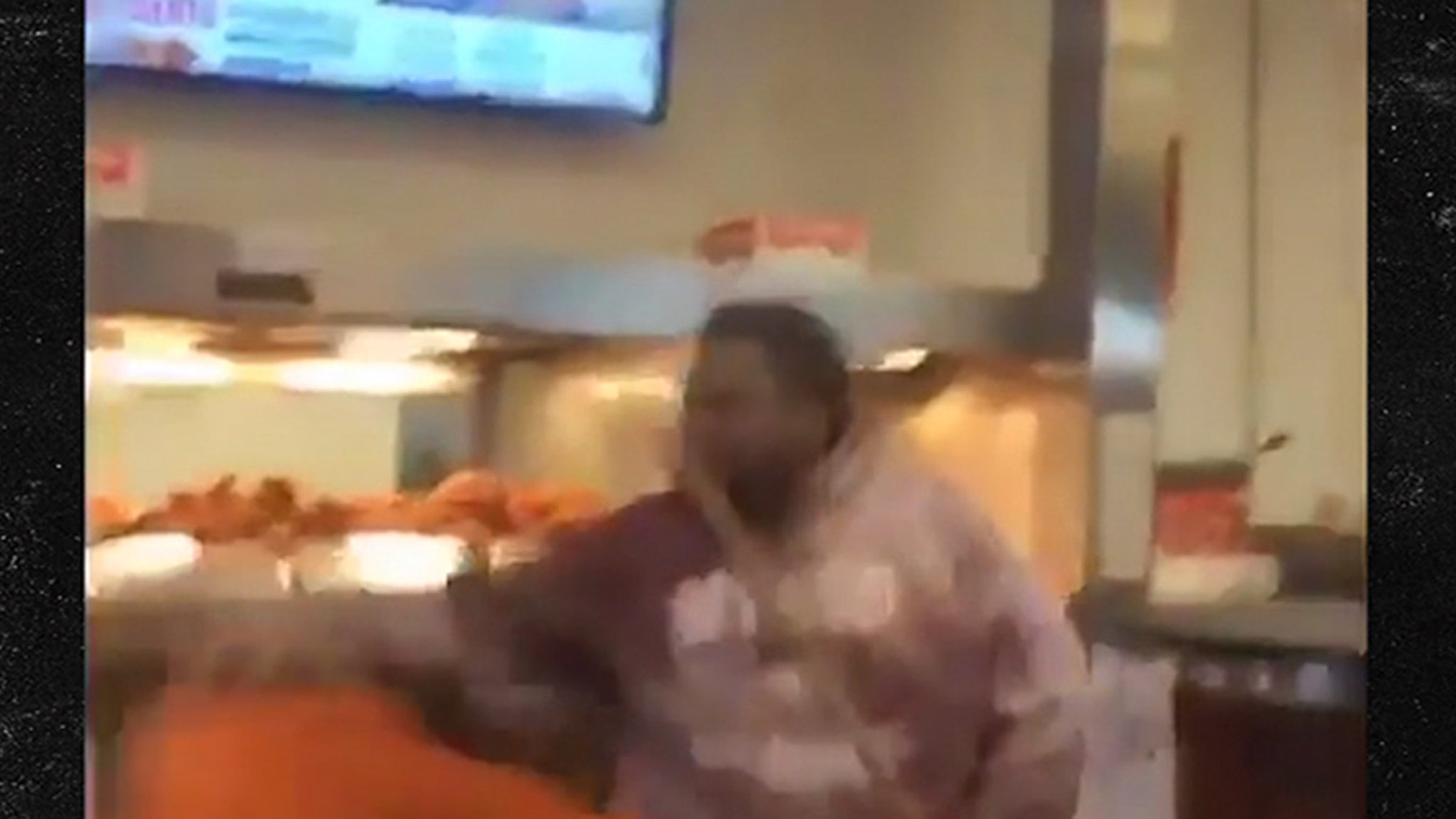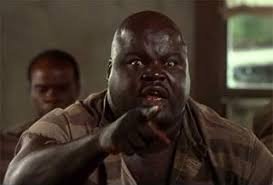The narrative that a man was killed over a chicken sandwich is social engineering and cultural conditioning.
Its not Tina Turner dropping a chicken sandwich into the Thunder Dome while shouting "Two men enter, One man leaves"...
A man was killed due to an altercation that escalated over percieved disrespect.
At some point we have to understand that the chicken sandwich had nothing to do with it.
Could have happened anywhere, anytime, to anyone.
Road rage, Black Friday, accidently bumping into someone at the club, sometimes as easy as "What you looking at"....
People have all kinds of issues...the emotional, spiritual, and mental ones arent immediately apparent.
To focus on the chicken sandwich is to avoid the real issues.
Life is getting cheaper and cheaper to more and more people.
How many times have we turned on the radio and heard song after song about killing someone over respect or having sex with someone elses girl?
How many times have we turned on the TV just to have the same narratives reinfoced in movies and music, over an over and over again?
Social engineering and culteral conditioning.
Yet to be sure...
The narrative that black people will kill each other over chicken will generate WAY more interest and clicks...because again, we have been culturally conditioned and socially engineered to see black people a certain type of way.
The whole chicken and watermelon thing was social engineering as well, way back in 1869...
...But Southern whites saw their slaves’ enjoyment of watermelon as a sign of their own supposed benevolence. Slaves were usually careful to enjoy watermelon according to the code of behavior established by whites. When an Alabama overseer cut open watermelons for the slaves under his watch, he expected the children to run to get their slice. One boy, Henry Barnes, refused to run, and once he did get his piece he would run off to the slave quarters to eat out of the white people’s sight. His mother would then whip him, he remembered, “fo’ being so stubborn.” The whites wanted Barnes to play the part of the watermelon-craving, juice-dribbling pickaninny. His refusal undermined the tenuous relationship between master and slave.
Emancipation, of course, destroyed that relationship. Black people grew, ate, and sold watermelons during slavery, but now when they did so it was a threat to the racial order. To whites, it seemed now as if blacks were flaunting their newfound freedom, living off their own land, selling watermelons in the market, and—worst of all—enjoying watermelon together in the public square. One white family in Houston was devastated when their nanny Clara left their household shortly after her emancipation in 1865. Henry Evans, a young white boy to whom Clara had likely been a second mother, cried for days after she left. But when he bumped into her on the street one day, he rejected her attempt to make peace. When Clara offered him some watermelon, Henry told her that “he would not eat what free negroes ate.”
Newspapers amplified this association between the watermelon and the free black person. In 1869, Frank Leslie’s Illustrated Newspaper published perhaps the first caricature of blacks reveling in watermelon. The adjoining article explained, “The Southern negro in no particular more palpably exhibits his epicurean tastes than in his excessive fondness for watermelons. The juvenile freedman is especially intense in his partiality for that refreshing fruit.”

 www.theatlantic.com
www.theatlantic.com
Its not Tina Turner dropping a chicken sandwich into the Thunder Dome while shouting "Two men enter, One man leaves"...
A man was killed due to an altercation that escalated over percieved disrespect.
At some point we have to understand that the chicken sandwich had nothing to do with it.
Could have happened anywhere, anytime, to anyone.
Road rage, Black Friday, accidently bumping into someone at the club, sometimes as easy as "What you looking at"....
People have all kinds of issues...the emotional, spiritual, and mental ones arent immediately apparent.
To focus on the chicken sandwich is to avoid the real issues.
Life is getting cheaper and cheaper to more and more people.
How many times have we turned on the radio and heard song after song about killing someone over respect or having sex with someone elses girl?
How many times have we turned on the TV just to have the same narratives reinfoced in movies and music, over an over and over again?
Social engineering and culteral conditioning.
Yet to be sure...
The narrative that black people will kill each other over chicken will generate WAY more interest and clicks...because again, we have been culturally conditioned and socially engineered to see black people a certain type of way.
The whole chicken and watermelon thing was social engineering as well, way back in 1869...
...But Southern whites saw their slaves’ enjoyment of watermelon as a sign of their own supposed benevolence. Slaves were usually careful to enjoy watermelon according to the code of behavior established by whites. When an Alabama overseer cut open watermelons for the slaves under his watch, he expected the children to run to get their slice. One boy, Henry Barnes, refused to run, and once he did get his piece he would run off to the slave quarters to eat out of the white people’s sight. His mother would then whip him, he remembered, “fo’ being so stubborn.” The whites wanted Barnes to play the part of the watermelon-craving, juice-dribbling pickaninny. His refusal undermined the tenuous relationship between master and slave.
Emancipation, of course, destroyed that relationship. Black people grew, ate, and sold watermelons during slavery, but now when they did so it was a threat to the racial order. To whites, it seemed now as if blacks were flaunting their newfound freedom, living off their own land, selling watermelons in the market, and—worst of all—enjoying watermelon together in the public square. One white family in Houston was devastated when their nanny Clara left their household shortly after her emancipation in 1865. Henry Evans, a young white boy to whom Clara had likely been a second mother, cried for days after she left. But when he bumped into her on the street one day, he rejected her attempt to make peace. When Clara offered him some watermelon, Henry told her that “he would not eat what free negroes ate.”
Newspapers amplified this association between the watermelon and the free black person. In 1869, Frank Leslie’s Illustrated Newspaper published perhaps the first caricature of blacks reveling in watermelon. The adjoining article explained, “The Southern negro in no particular more palpably exhibits his epicurean tastes than in his excessive fondness for watermelons. The juvenile freedman is especially intense in his partiality for that refreshing fruit.”

How Watermelons Became a Racist Trope
Before its subversion in the Jim Crow era, the fruit symbolized black self-sufficiency.
Last edited:




